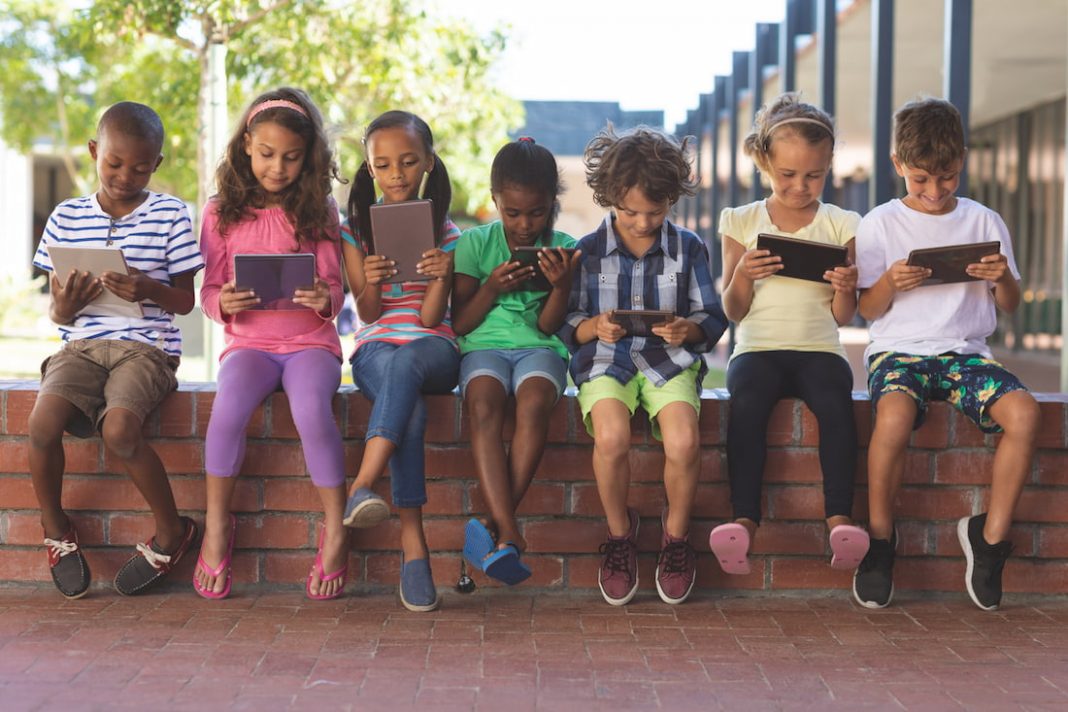Australian school children value reading to help them “get a good job”, but when it comes to digital reading opportunities, only a quarter have daily access to devices, new Australian Catholic University research shows.
The research, involving 318 students from diverse primary schools across Australia, found while 92 per cent of students believed reading was a valuable skill, 86 per cent justified this by linking reading with having a good job following school.
But when it came to future career opportunities, Associate Professor Laura Scholes said her study showed students’ personal circumstances and reading experiences did not necessarily prepare them for success as readers or provide them with the resources needed to transition into desired careers.
“There is near consensus about the importance of reading for future life opportunities, but despite the rhetoric of children being digital natives, there is still significant inequality when it comes to students’ experiences as readers in the digital age,” Associate Professor Scholes said.
“This research shows children as young as eight are already conceptualising reading as a gatekeeper to success. Inequity in digital access at home and at school has serious implications for students’ reading experiences, digital participation, and future career trajectories.”
The study of students in Years 3 and 4 from a range of school sectors and socio-economic backgrounds, found while 25 per cent had daily access to digital devices, 27 per cent did so a few times per week, 19.5 per cent once a week, and 6.5 per cent once a fortnight.
Worryingly, 22 per cent of the 152 boys and 166 girls reported having hardly any access to digital devices.
“These findings counter the taken-for-granted assumptions often held by educators, policy makers, and broader society when it comes to students’ literacy experiences, particularly access to and understanding of digital texts, and students’ multimodal skills,” Associate Professor Scholes said.
“Students need experiences with digital texts to develop the digital reading proficiencies needed to be 21st century learners, communicators, workers, and active citizens.
“Marginalised students are not being given the opportunities to decode, comprehend, and evaluate digital texts using words, images, graphics, and gestural and aural modes as required by digital economies and cultures that rely upon such sophisticated discourses.”
Associate Professor Scholes, of ACU’s Institute for Learning Sciences and Teacher Education, said the study, published in Cambridge Journal of Education, highlighted the fact that not all digital texts were created equal.
“Access to social media such as TikTok, for example, does not have the cultural, educational, or transformative power students need to read, synthesise and evaluate complex information available on the internet,” she said.
Associate Professor Scholes said the rapid growth in digital gaming literacies, which helped children to develop literacy skills by reading, decoding, and comprehending storylines, should also be harnessed in the classroom.
“Developing digital literacies requires the redistribution of resources to allow for this and provide the equitable access that all Australian school children need and deserve,” she said.
“Young students have already made the link between reading skills and desired workplace opportunities, but the inequity in resources means this is not a level playing field. As such, the teaching and learning of reading in the digital world is a significant social justice issue.”
Click here for a link to the study.



